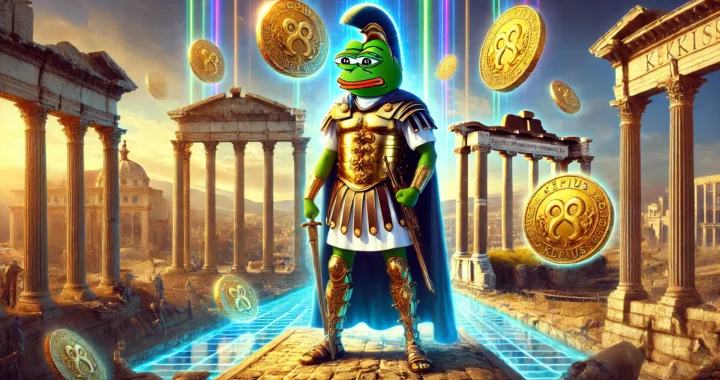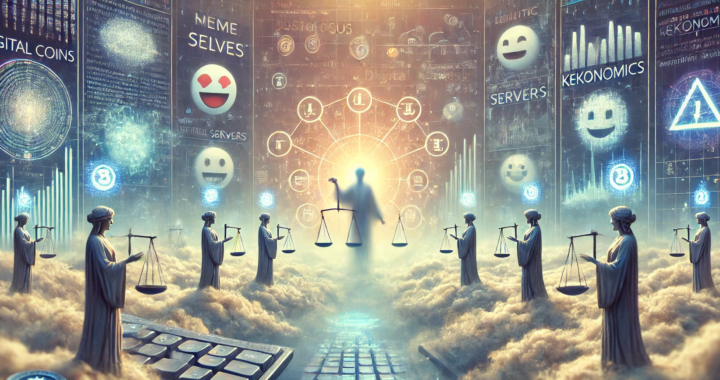Elon Musk, always full of surprises, transformed his profile on platform X to ‘Kekius Maximus,’ complete with a Roman-style Pepe the Frog avatar, once again igniting chaos and speculation.
His actions mirror the behavior of an archetypal trickster: a figure who breaks rules, sows confusion, and simultaneously fosters transformation.
The chain of events began with Musk’s open defense of the H1B visa program. This program, which brings highly skilled foreign workers to the U.S., was described by Musk as essential for innovation. However, his stance drew criticism from the MAGA movement, with some fearing these visas threaten American jobs.
Next came a wave of uproar over speculation about an anonymous account, ‘Adrian Dittmann,’ which might be Musk’s alter ego. The account appeared to defend him against critics, raising questions about Musk’s use of pseudonyms to shape his own narrative.
Amid the controversy, Musk changed his profile name on X to ‘Kekius Maximus’ and playfully announced his aim to “reach level 80 in hardcore PoE.” His reference to the popular game Path of Exile 2 resonated with the online gaming community but quickly took on an economic dimension. Shortly after the name change, the value of the memecoin Kekius Maximus (KEKIUS) surged by over 900%. Although Musk denied any direct connection to the coin, his influence on its rise was immediately evident.
Musk effortlessly embodies the role of the trickster: a playful, disruptive figure who creates chaos while also fostering new structures. Like mythological tricksters Hermes or Loki, he generates apparent disorder, but in doing so, exposes system vulnerabilities and stimulates transformation.
The explosive rise of Kekius Maximus as a memecoin is a perfect example of how a trickster operates within Kekonomics. In this economy, where attention and symbolism outweigh traditional economic principles, Musk excels at converting memes into speculative value.
Kekonomics, a term describing the dynamics of internet culture and the economy, derives its power from irony and virality. Musk leverages memes like Pepe the Frog—an icon once beloved by gamers but later appropriated by alt-right groups—to generate symbolic capital. ‘Kek’ itself serves as both a synonym for “lol” in gaming culture and a reference to an Egyptian god of darkness—a layered meaning perfectly suited to the metamodern era, where irony and sincerity coexist.
In this economy, attention is the primary currency. Musk’s ability to transform memes and symbolism into speculative value once again demonstrates how markets are shaped by digital communities and their interactions, not by traditional economic principles.
Musk’s behavior reflects a metamodern reality where the line between humor and seriousness, or between earnestness and ironic posturing, remains perpetually blurred.
Whether Musk’s actions are carefully calculated or driven by an instinctive urge for disruption remains a mystery. What is certain, however, is his unparalleled skill in navigating the attention economy. By cleverly blending memes, controversies, and symbolism, he amplifies his influence and indirectly creates economic value.
The world of Kekonomics reveals that chaos is not merely a byproduct but a strategy. Musk thus proves himself not only a master of memes but also an architect of a new economic reality, where culture, technology, and speculation are inextricably intertwined.



